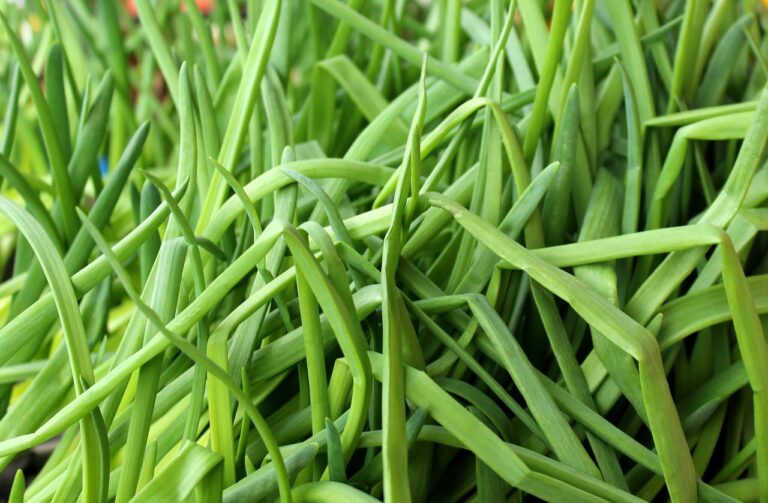Sustainable Food Tourism: Promoting Authentic Culinary Experiences and Responsible Travel
When you choose to support local farmers and producers, you are not only investing in the quality and freshness of your food but also in the sustainability of your community. By purchasing locally sourced products, you are reducing the environmental impact of long-distance transportation and supporting the local economy.
Furthermore, by buying from local farmers and producers, you are fostering a sense of connection with the food you consume. Knowing where your food comes from and who grows or makes it allows for transparency in the production process, which can lead to a greater appreciation for the effort and care that goes into each product.
Exploring Traditional Food Markets Around the World
Traditional food markets around the world offer a unique glimpse into the culinary culture of different regions. From bustling outdoor bazaars in Morocco to covered markets in Japan, these markets not only showcase a wide array of fresh produce and local delicacies, but they also provide a window into the daily lives of the people who call these places home. Walking through the narrow aisles filled with vibrant fruits, fragrant spices, and freshly caught seafood, visitors can immerse themselves in the sights, sounds, and smells of a particular destination’s food scene.
Exploring traditional food markets isn’t just about sampling tasty treats or shopping for ingredients it’s also a way to support local farmers, producers, and artisans. By buying directly from vendors at these markets, travelers can contribute to the sustainability of small-scale agriculture and traditional food production methods. Additionally, engaging with local vendors and learning about the stories behind their products can foster a deeper appreciation for the history and heritage that make each market unique.
Traditional food markets offer a unique glimpse into culinary cultures around the world
From bustling outdoor bazaars in Morocco to covered markets in Japan, each market has its own charm
These markets showcase fresh produce, local delicacies, and provide insight into daily life of locals
Walking through the aisles filled with vibrant fruits, fragrant spices, and freshly caught seafood is an immersive experience
Exploring traditional food markets isn’t just about sampling tasty treats or shopping for ingredients it’s also a way to support local farmers, producers, and artisans. By buying directly from vendors at these markets, travelers can contribute to the sustainability of small-scale agriculture and traditional food production methods. Additionally, engaging with local vendors and learning about the stories behind their products can foster a deeper appreciation for the history and heritage that make each market unique.
Impact of Food Tourism on Cultural Preservation
Food tourism plays a significant role in preserving cultural heritage around the world. By showcasing traditional dishes and culinary practices to visitors, local communities are able to maintain and pass down their food traditions from one generation to another. The influx of tourists seeking authentic culinary experiences also encourages farmers and producers to continue growing local ingredients, sustaining the agricultural practices that are deeply rooted in the cultural identity of a region.
Furthermore, food tourism fosters a sense of pride and appreciation for local cuisines, leading to a greater emphasis on preserving culinary traditions. As travelers engage with the food culture of a destination, they gain a better understanding of the history, customs, and values that shape the local gastronomy. This heightened awareness not only benefits the economy by promoting local food products but also plays a key role in safeguarding cultural heritage for the future generations.
How does supporting local farmers and producers benefit cultural preservation?
By purchasing locally sourced food products, tourists help support traditional farming practices and preserve culinary traditions that are passed down through generations.
Can exploring traditional food markets around the world help preserve cultural heritage?
Yes, visiting traditional food markets allows tourists to experience authentic local cuisine and learn about the cultural significance of different ingredients and dishes, thereby contributing to the preservation of culinary traditions.
How does food tourism impact cultural preservation?
Food tourism creates demand for traditional foods and culinary experiences, which in turn incentivizes communities to continue practicing and preserving their culinary heritage to cater to tourists’ interests.
What are some examples of how food tourism has positively impacted cultural preservation?
In countries like Italy, Thailand, and Mexico, food tourism has helped sustain traditional food markets, support local farmers, and preserve culinary traditions that are integral to the cultural identity of these regions.







